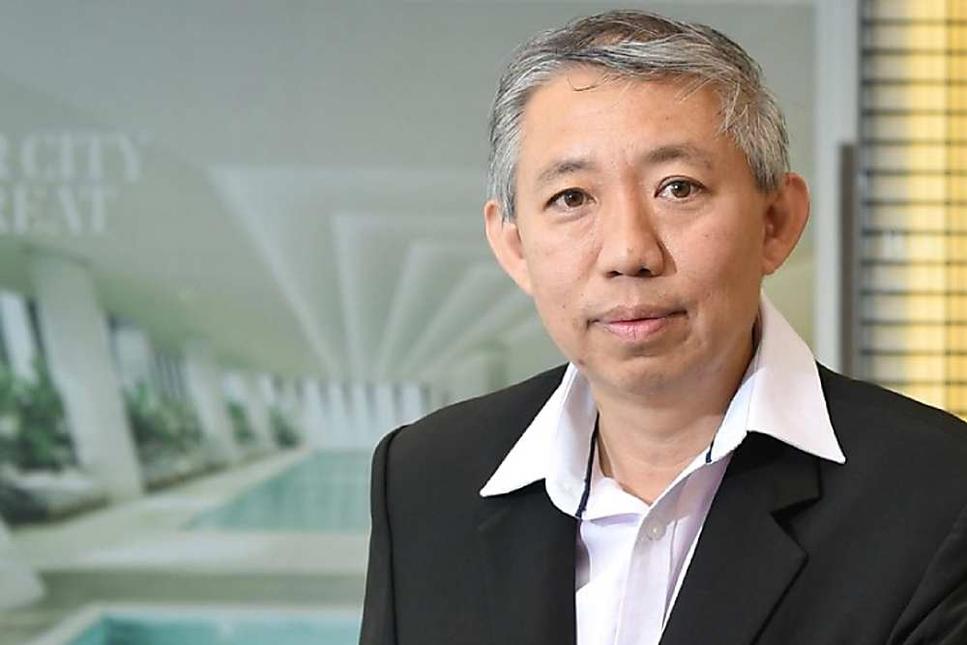Not having a will can cause family problems

The children in this family did not call their mum the “empress dowager” for nothing.
It was – mostly – a joke but she was a formidable woman by any measure, having taken over the family business when her husband died suddenly, while she also ran the household in a stern and meticulous manner.
But she was not without faults: she disliked banks and chose to hide money in various parts of the house, including inside the hollow spaces of furniture.
She also could not make up her mind on how her wealth should be distributed among her children and their family members, despite seeing three different lawyers.
So the woman died without a will and the intestate law will then dictate that her assets be distributed equally among her children.
But the absence of a will, which would have made her wishes clear to her family, resulted in a legal battle over her assets.
Disputes like this present two important reasons why you should not delay getting a will done.
Why having a will is vital
Don’t think that just because the intestacy law will distribute your assets to your closest relatives, there is no need to make a will.
Very often, such distributions result in unintended consequences that can cause more harm than good.
Take the case involving a man who died suddenly without a will. His home was distributed to his widow, who got a 50 per cent share, while his two children each received a 25 per cent share.
Holding a small stake in a property may not be a blessing – you cannot sell the home without the other shareholders’ consent and they may also not want to buy your share since they can still live there.
Such a deadlock can also wreak havoc on your plans to buy your own home as your share in the family property will bar you from getting a Housing Board flat, and you will also need to pay higher stamp duties when buying a private home.
Not having a will also means that you give up the right to appoint a trusted person to manage your affairs.
In many cases, not having an administrator causes many family disputes; your beneficiaries will have to appoint one among themselves and if they cannot agree, this matter has to be settled in court.
People with young children will face even more problems: without a will to appoint a guardian, a court order is needed to appoint one.
This means that the family is likely to face delays, unnecessary costs, as well as possible disputes over guardianship if in-laws do not see eye to eye.
More importantly, your hard-earned money can end up with the wrong people because the law recognises only formal relationships.
Take a couple who live together but are not married. If they do not have wills, their wealth will all go back to their respective families. The surviving partner will probably get nothing as there is no will to pass on the inheritance.
You can change your wills
If you want to be prudent in making plans for your family, make at least two different wills.
The first will should be made soon after you start a family – you would want to nominate a suitable guardian for your children in case something happens to you and your spouse.
Even if you do not have children or are single, you should ensure that all your assets go to the beneficiaries of your choice.
You would probably need a new will later in life because your total assets would have increased and there may be new beneficiaries for you to consider.
Ms Blossom Hing, a lawyer from Drew and Napier who has represented clients in court battles due to the absence of wills, says a common wrong assumption that many people have is that it is difficult or troublesome to change a will after it has been signed.
This is why some people hold back on making a will until they have finally decided on how they want to distribute their assets to their loved ones.
“For example, some people may decide to increase or decrease a distribution to a loved one depending on how that loved one treats them. As they may waver about the decision, they end up never making a will,” says Ms Hing.
She suggests you make a will first that represents your general wishes and if you have changes later, you can sign a “codicil”, or a document to amend the relevant portions of your will. So there is no need to redo your will if most parts of it are still relevant.
The past three years of the pandemic should have taught everyone a lesson: it is always better to be prepared because when an emergency hits, it may be too late to do anything.
Follow ST on LinkedIn and stay updated on the latest career news, insights and more.













No comments:
Post a Comment